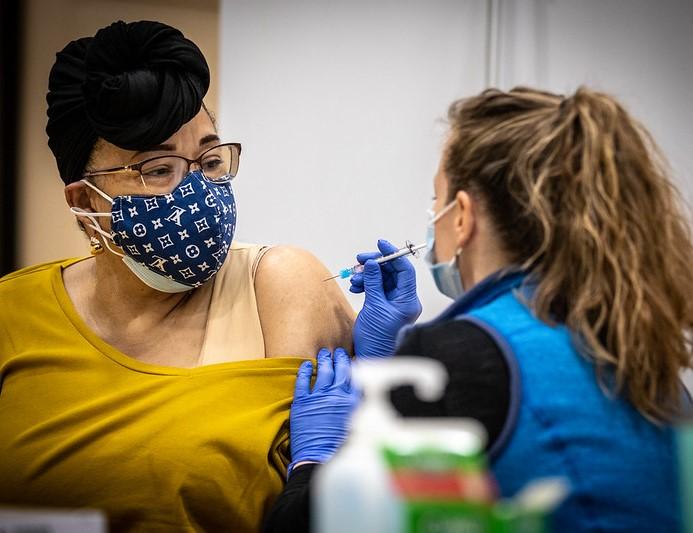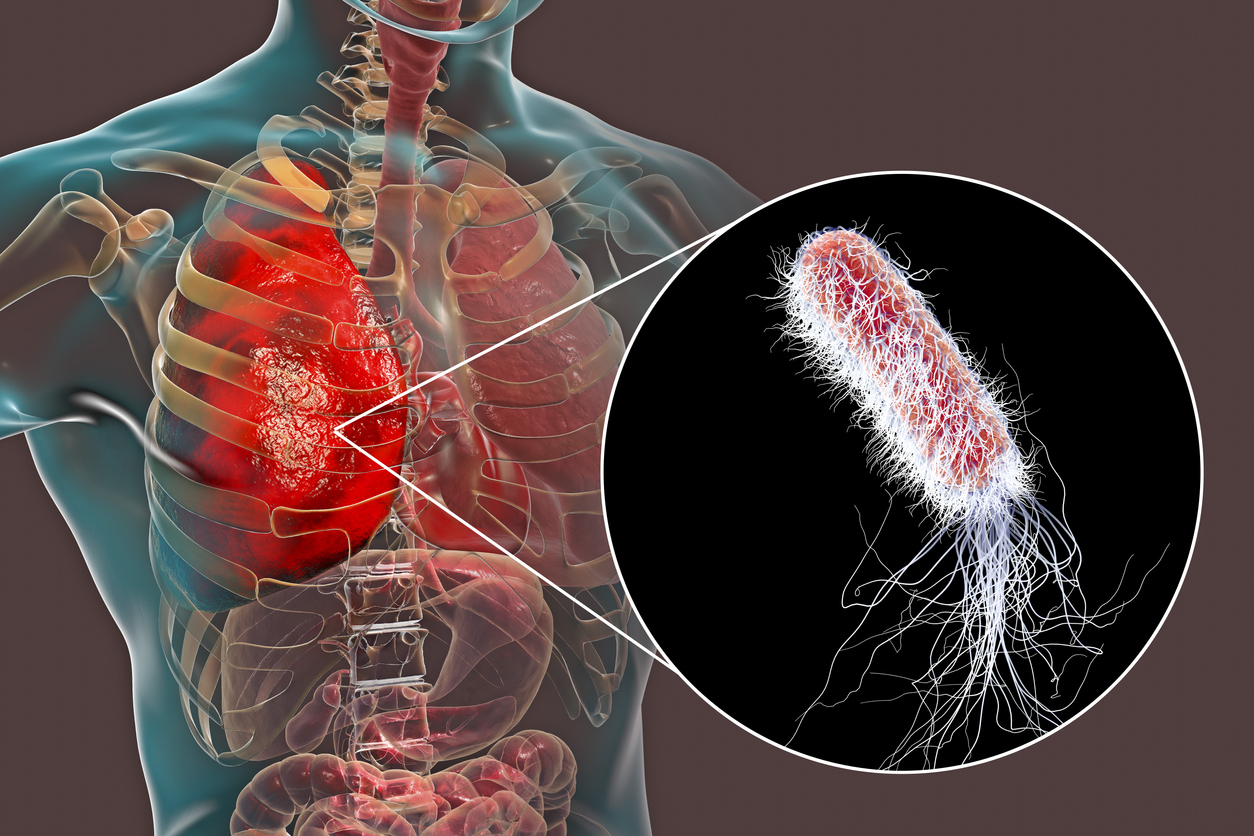
The estimated effectiveness of the updated COVID-19 vaccine among people aged 60 and older in the Netherlands was 70.7% against hospitalization and 73.3% against intensive care unit (ICU) admission in fall and early winter 2023, according to a study published yesterday in Eurosurveillance.
Researchers at the National Institute for Public Health and the Environment and University Medical Center Utrecht parsed data on hospitalizations with admission dates from October to December to estimate the effectiveness of the XBB.1.5 Pfizer/BioNTech COVID-19 vaccine among recipients of at least one previous vaccination. The study included 2,050 hospitalized adults aged 60 and older, 14.4% of whom had received the 2023 COVID-19 vaccine.
"Since October 2023, the severe acute respiratory syndrome coronavirus 2 (SARS-CoV-2) RNA load in sewage water has been rising steadily up to the highest level since start of this surveillance system in 2020, indicating a high level of SARS-CoV-2 transmission during the past months," the authors noted.
More effective than 2022 vaccine
The vaccine effectiveness (VE) was estimated at 70.7% (95% confidence interval [CI], 66.6% to 74.3%) against hospitalization and 73.3% (95% CI, 42.2% to 87.6%) against ICU admission.
In comparison, the estimated VE of the bivalent (two-strain) COVID-19 vaccine available from October 2022 to December 2022 was 64% (95% CI, 59% to 68%) against hospitalization for recipients aged 60 to 79 years. "However, a direct comparison between these seasonal estimates could be confounded by the fact that the 2022 autumn campaign was closer in time to the previous campaign in spring 2022," the researchers wrote.
Based on our results, we expect that seasonal COVID-19 vaccination is an effective intervention for reducing the burden of severe COVID-19 during the winter months.
The VE is expected to decline as the time since vaccination increases in the coming months, as was seen in previous COVID-19 vaccination campaigns in Europe, they authors said. "Based on our results, we expect that seasonal COVID-19 vaccination is an effective intervention for reducing the burden of severe COVID-19 during the winter months," they wrote. "An increase in uptake of the seasonal vaccine could further enhance its public health benefit."












